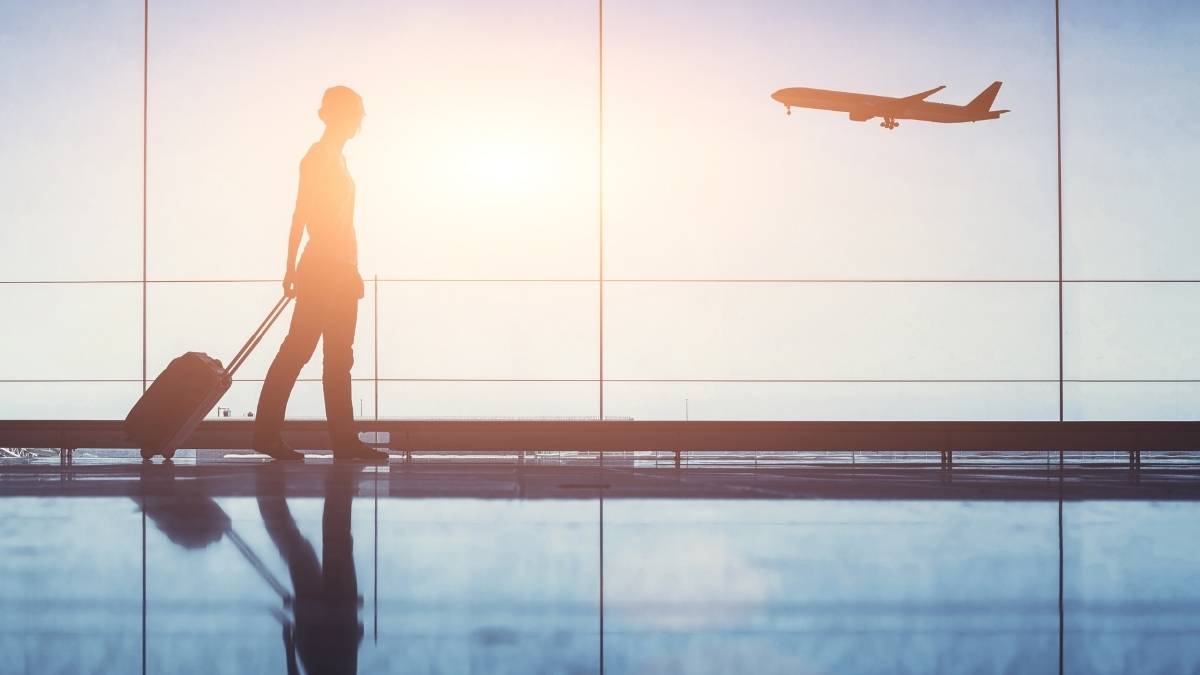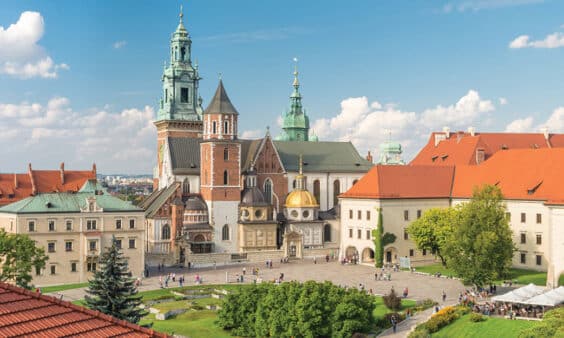Pre-COVID, flight shaming was a movement aimed at reducing the impact aviation has on the environment. Now, 9 months into a global pandemic, its meaning has been flipped. Since July, the world’s borders slowly started to open up. While people could travel for “essential” reasons, those who travelled for any other reason were shamed.
Isn’t international travel responsible for a lot of COVID-19 cases?
While international travel helped COVID-19 spread across the globe initially, a lot has changed since then. International travel, especially short-haul travel, has accounted for a small percentage of cases over the past 9 months.
Since the pandemic started, we’ve all become more aware of our own hygiene and behaviours. We’re wearing masks, we’re properly covering our face when we sneeze or cough and we’re constantly washing and sanitising our hands. These are small actions that have become habits and help protect us from catching any virus, cold or flu.
What is the government advice around travel?
Although the EU Traffic Light System is now in place, the Irish government is still strongly against any travel deemed ‘non-essential’ such as visiting family or friends abroad or going on holidays. For most European countries, the Department of Foreign Affairs’ travel advice is to ‘exercise a high degree of caution’.
Travelling home for Christmas has been a much talked about topic over the past month. Minister for Transport, Eamon Ryan, has warned against flight shaming. In terms of people travelling home to their families for Christmas, he said that it’s a personal call for those who wish to travel and not a decision that should be made by the government. That we should respect their judgement regarding travel.
What does the industry think about flight shaming?
Donal Moriarty, interim chief executive of Aer Lingus, has criticised the narrative around international travel. International travel is responsible for less than 1% of all COVID-19 cases in Ireland. Since the announcement of the EU Traffic Light System, which was aimed at restarting international travel, the Irish government has still strongly advised against any non-essential travel. This, in turn, has conditioned people not to travel. Mr Moriarity also stated that people should move from a flight shaming mentality to promoting international travel as it’s critical to the Irish economy.
Eddie Wilson, CEO of Ryanair, also criticised the idea that people travelling to and from countries around Europe are irresponsible or reckless. Under the Traffic Light System, it’s clear what measures are in place when travelling to or from an ‘orange’ or ‘red’ country. He believes that if people get a negative test result before flying, that’s the best insurance they can have for a safe and responsible trip.
But is flying actually safe?
Airports and airlines have put in every health and safety measure they can to ensure a safe environment for your travels. In COVID times, everything we do has risk attached to it from going on a bus to meeting a friend for dinner or visiting our family.
The following COVID-19 safety measures have been introduced in Irish airports:
- Pre-departure PCR testing centre
- Compulsory wearing of face masks or coverings for the duration of your time in the airport
- 960 hand sanitising stations across Dublin & Cork airports
- Plexiglass screens at check-in, immigration, shops, restaurants and any customer service desk
- Signage to remind you of social distancing including on seats throughout the airport
- Increased cleaning on regular touchpoints and enhanced deep cleaning using electrostatic disinfection products
On the planes themselves, these are safety measures both Ryanair and Aer Lingus have implemented:
- Check in online & scan your own boarding pass at the gate
- Face masks or coverings are mandatory for the duration of the flight
- Queuing for the toilet is not permitted
- Food & drinks services on short-haul have been suspended by Aer Lingus and greatly reduced on Ryanair flights
- Hospital-grade disinfectant use to deep clean the planes and state-of-the-art air filtration systems which replaces the air every 3 minutes
The decision to travel, no matter the reason, should be up to the person travelling. No one wants to risk contracting COVID-19 and bringing it home so we are all personally responsible for our actions. If you choose to travel, you can do so safely by getting screened pre-departure and continuing to adhere to the public health guidelines.




